
The VCS 3 is a portable analog synthesizer with a flexible modular voice architecture introduced by Electronic Music Studios (London) Limited (EMS) in 1969.
Merzbox is a box set compilation by the Japanese noise musician Merzbow. It consists of 50 CDs spanning Merzbow's career from 1979 to 1997. 30 discs are taken from long out of print releases, while 20 are composed mainly of unreleased material. The box also contains two CD-ROMs, six CD-sized round cards, six round stickers, a poster, a black long-sleeve T-shirt, a medallion, and the Merzbook, all packaged together in a "fetish" black rubber box. It is limited to 1000 numbered copies. A Merzbox Sampler was released in 1997.
Heldon was a French electronic rock band originally active between 1974 and 1978, and led by guitarist Richard Pinhas. Other members included synthesizer player Patrick Gauthier and drummer François Auger. The name of the band was taken from the 1972 novel The Iron Dream by Norman Spinrad.
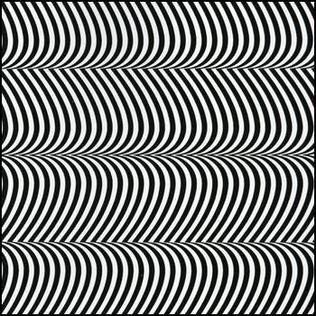
Pulse Demon is a studio album by the Japanese noise musician Merzbow, released 28 May 1996. The album was reissued on vinyl in May 2018 by Bludhoney Records, and again in November 2019 by Relapse, with a bonus track.
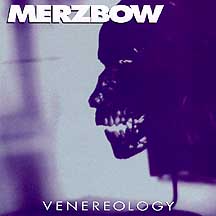
Venereology is an album by the Japanese noise musician Merzbow. It was inspired by death metal and grindcore.
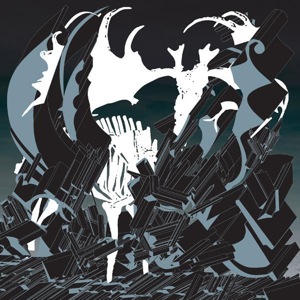
Sun Baked Snow Cave is a collaborative album between Japanese experimental doom band Boris and Japanese noise musician Merzbow. The album consists of a single track that clocks in at over an hour in length. The album artwork was done by Sunn O))) member and regular Hydra Head designer Stephen O'Malley.

Batztoutai with Memorial Gadgets is a double album by the Japanese noise musician Merzbow. It was later remixed and reissued in 1993 as Batztoutai with Material Gadgets: De-Composed Works 1985~86.

This is a comprehensive discography of the Japanese noise musician Masami Akita, best known for his project Merzbow. Since 1980 he has released hundreds of recordings, collaborated with dozens of musicians, contributed over two hundred exclusive tracks to compilations, and made numerous guest appearances on recordings by other artists.

Megatone is a collaborative album between the Japanese experimental doom band Boris and the Japanese noise musician Merzbow.

Walrus/Groon is a collaborative 12" EP between the Japanese experimental doom band Boris and Japanese noise musician Merzbow. It was first sold at the 2007 South by Southwest festival in Austin, Texas.

Rock Dream is a collaborative live album between Japanese band Boris and Japan noise musician Merzbow.

Merzbow is a Japanese noise project started in 1979 by Masami Akita, best known for a style of harsh, confrontational noise. Since 1980, Akita has released over 500 recordings and has collaborated with numerous artists.
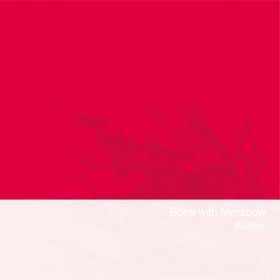
Klatter is the third collaborative studio album and sixth release by the Japanese experimental rock band Boris and Japanese noise musician Merzbow. The album features re-recorded versions of "Akuma no Uta" and "Naki Kyoku" from Akuma no Uta, and a cover of the song "Jane" by the German progressive rock group of the same name. It was originally planned for release on Troubleman Unlimited in 2007 under the unconfirmed title Mellow Peak, but for unknown reasons, the release did not happen.
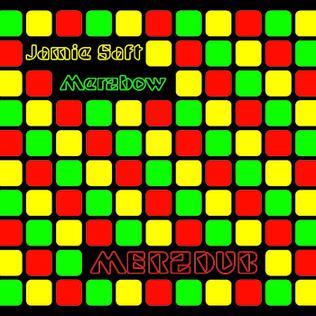
Merzdub is an album by the Jamie Saft performing compositions which used source material by Japanese noise artist Merzbow.

Cuts is collaborative studio album by the Japanese noise musician Merzbow, Hungarian drummer Balázs Pándi, and Swedish saxophonist Mats Gustafsson. It was recorded during a stop on the trio's East European tour in April 2012. The album was followed up in January 2015 by Live in Tabačka 13/04/12, which was recorded live the day before Cuts in Slovakia. Cuts of Guilt, Cuts Deeper, a studio album recorded with the addition of Thurston Moore, was released in March 2015.

Full of Hell & Merzbow is a collaborative studio album between the American grindcore band Full of Hell and the Japanese noise artist Merzbow. The album was released on November 24, 2014 through Profound Lore Records. The CD version of the album was also packaged with a five-song, 35-minute bonus disc titled Sister Fawn that was described as an "extension" of Full of Hell & Merzbow; it was later released in a digital format as well.

Gensho is the fourth collaborative studio album and seventh release by the Japanese experimental band Boris and noise musician Merzbow. It is presented in two parts; the first disc features re-recordings of several Boris songs and a cover of the My Bloody Valentine song "Sometimes" in drone-based, drumless style, while the second disc consists of new compositions by Merzbow. They are intended to be played at the same time, much like the previous Boris double album Dronevil, or as separate works.

Flying Basket is a collaborative studio album by the Japanese free jazz saxophonist Akira Sakata, American experimental guitarist Jim O'Rourke, improv duo Chikamorachi, and Japanese noise musician Merzbow.

An Untroublesome Defencelessness is a collaborative studio album by the Japanese noise musician Merzbow, Japanese guitarist Keiji Haino, and the Hungarian drummer Balázs Pándi. Merzbow and Pándi have worked together since 2009; Merzbow and Haino previously played together as Kikuri, and released the album Pulverized Purple on Les Disques Victo in 2008.
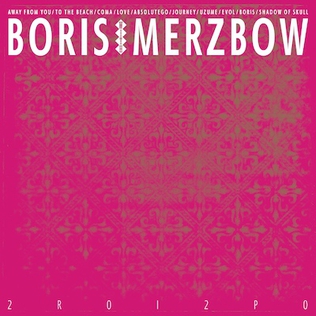
2R0I2P0 is the eighth collaborative release by the Japanese experimental band Boris and noise musician Merzbow. It features several rerecorded tracks that first appeared on Boris' album Love & Evol, and a cover of the Melvins song "Boris", which the band is named after. It was released in December 2020.



















